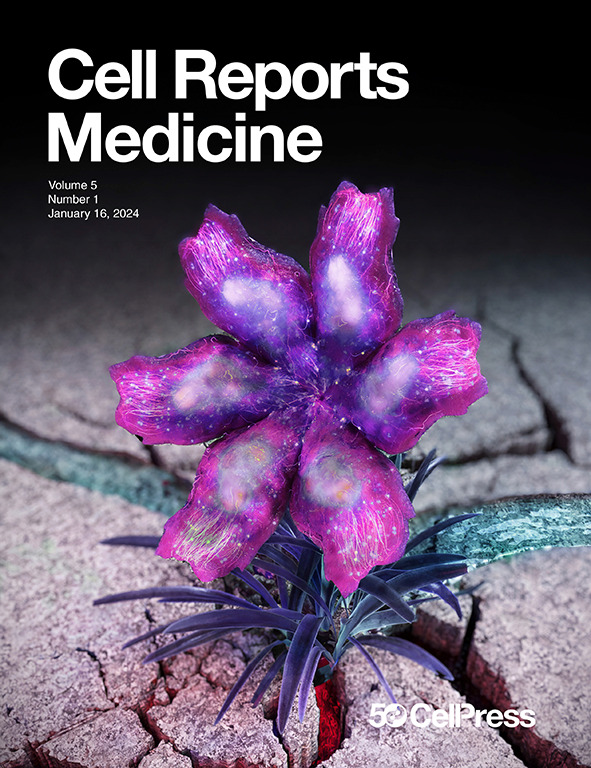CD97 maintains tumorigenicity of glioblastoma stem cells via mTORC2 signaling and is targeted by CAR Th9 cells
Abstract
Glioblastoma (GBM) stem cells (GSCs) contribute to poor prognosis in patients with GBM. Identifying molecular markers is crucial for developing targeted therapies. Here, we identify cluster of differentiation 97 (CD97) as an optimal GSC surface antigen for potential targeting by chimeric antigen receptor (CAR) T?cell therapy through in?vitro antibody screening. CD97 is consistently expressed in all validated patient-derived GSCs and positively correlated with known intracellular GSC markers. Silencing CD97 reduces GSC tumorigenicity-related activities, including self-renewal, proliferation, and tumor progression. Transcriptome analysis reveals that CD97 activates mTORC2, leading to AKT S473 phosphorylation and enhanced expression of the downstream genes ARHGAP1, BZW1, and BZW2. Inhibiting mTORC2 with JR-AB2-011 suppresses GSC tumorigenicity and downstream gene expression. We develop CD97-CAR T helper (Th) 9 cells, which exhibit potent cytotoxic effects in?vitro and extend survival in mice. These findings suggest that CD97 is a promising GSC-enriched antigen and that targeting it with CAR Th9 cells offers a potential therapeutic strategy for GBM.





